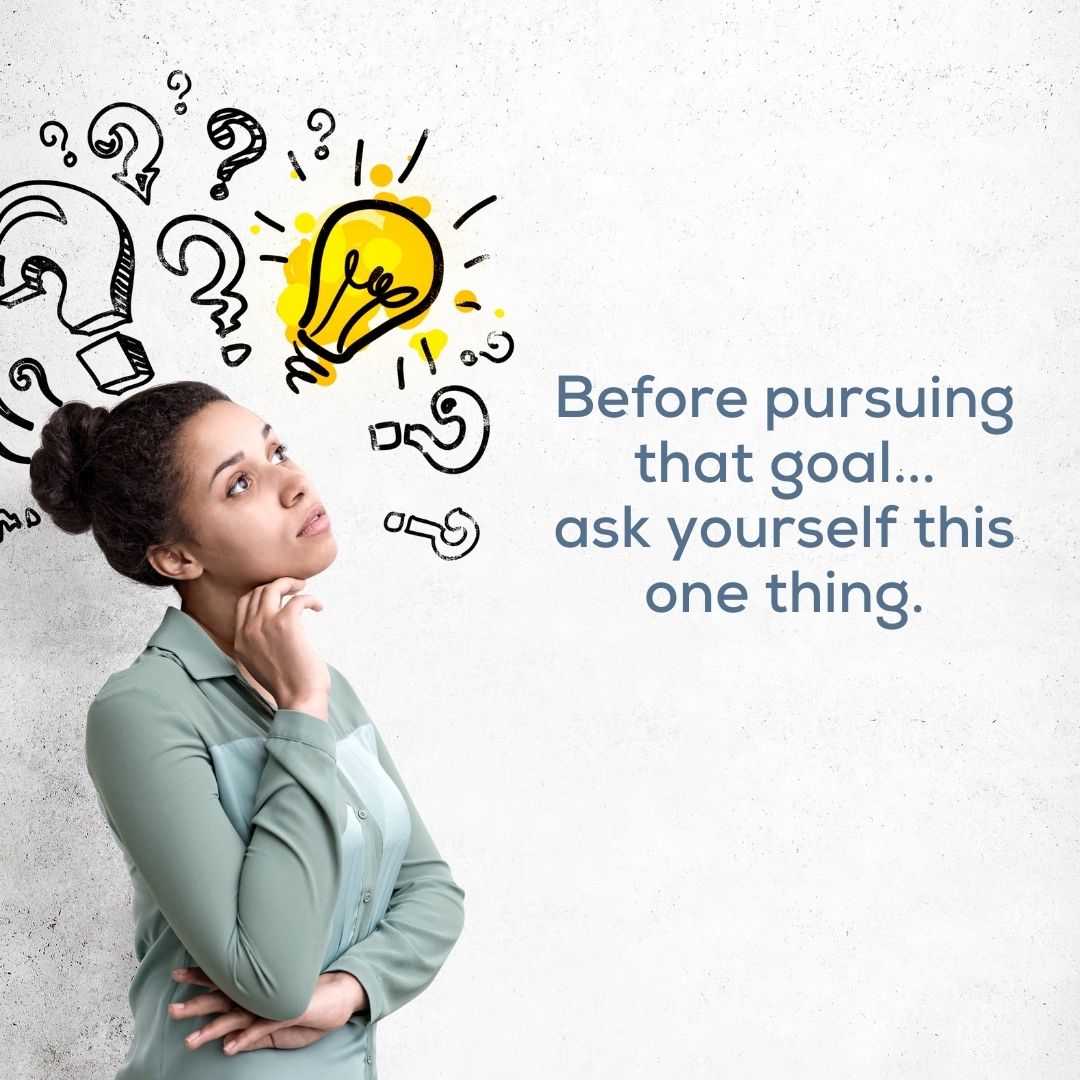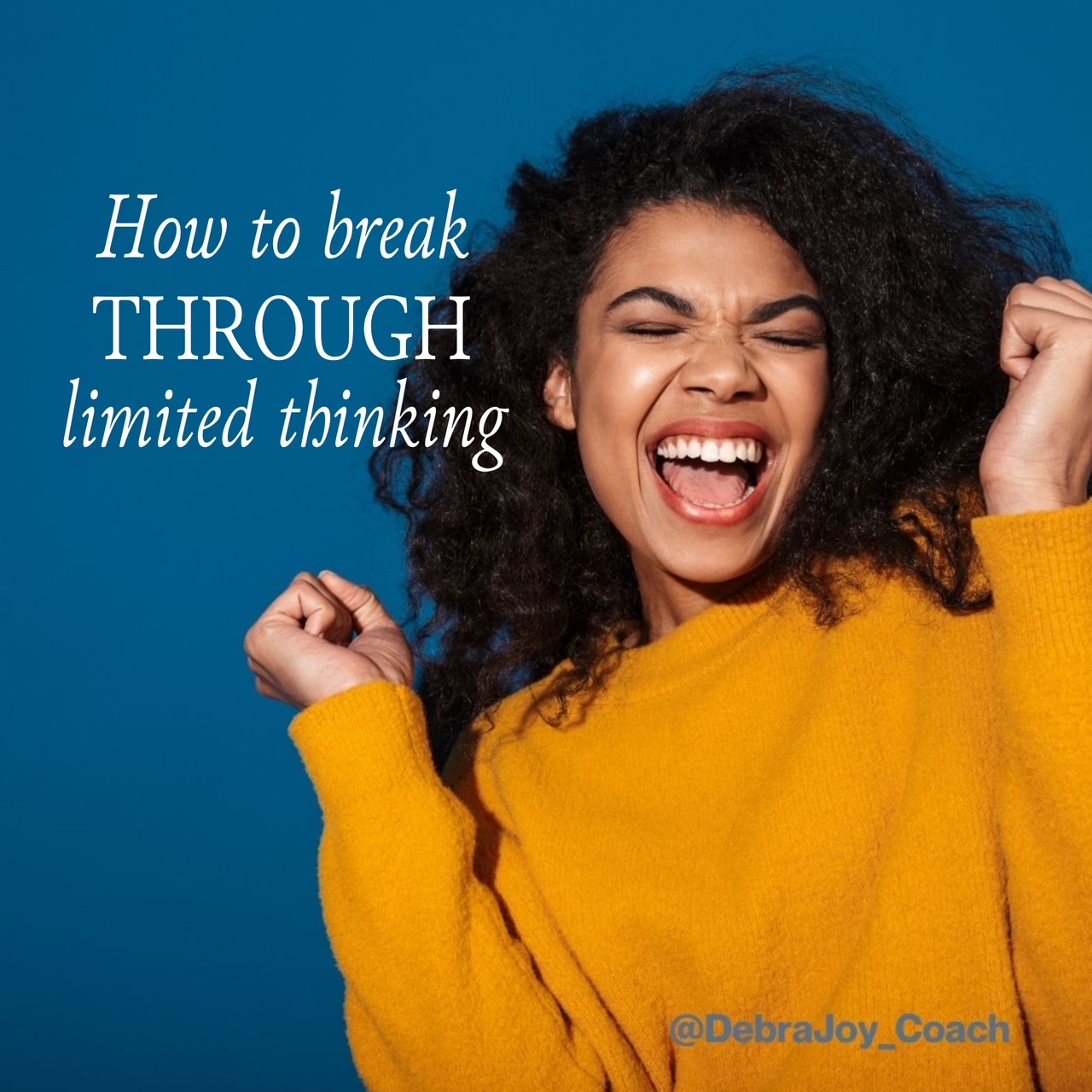I want to be clear I’ve got nothing against living longer. I’m all for it.
I’m just more interested in living better.
While the general focus of longevity hacks, practices, and products is to help us live better longer, this obsession with the longevity part often undermines the better part.
In 2010, I did an experiment to live as if I only had a year to live. I was inspired by a few friends who’d dealt with an unexpected terminal illness. Staring death in the face brought them great clarity. It led to bolder choices, deeper discussions, as well as unbridled honesty and vulnerability.
Though I don’t hope to ever receive a terminal diagnosis, I saw the potential gift in it, and I was intrigued to see if I could experiment to reap some of those benefits before it’s too late.
I publicly invited people to join me in this quest. I was surprised by some of the hateful responses I got from strangers – wishing me ill and even death – for suggesting such a reckless experiment.
However, I was delighted by my own experience and the reports from others who joined me.
One woman got out of debt and another ran her first marathon. One person got sober. A man who thought he’d spend the year exploring the world decided he’d stay close to home and explore his relationships more deeply. I found the courage to spend a month alone in a cabin to be quiet and meditate. It was a profound experience that I may have continued to delay if I thought I had all the time in the world. The experiences for all of us were varied and deep.
All of this happened simply because we imagined our time here was short.
It wasn’t even real. But, the truth is we never know.
A woman who joined my “year to live” experiment tried to convince her husband to join. He thought it was a ridiculous thing to do at such a young age. Within that year, he was diagnosed and died of pancreatic cancer.
So, what’s my point?
Don’t forget the “better” in your desire to live better longer.
For some, pursuing longevity has become an obsession. Compulsively learning new hacks and checking biofeedback tools is feeding perfectionism and adding to anxiety. It’s even leading to competition among friends. And, perhaps most importantly, concentrating on our future lives can keep us from being present to our current lives.
Deadlines focus our energy. They help us make decisions and get clear on what matters most. Those decisions can cut out the less important stuff that gets in the way of what’s most important. All of our lives have a deadline, but none of us know when it is.
If you knew your deadline was coming soon, what decisions might you make? What I learned from my experiment of a year to live, and the reports from others, is that when we decided to live as if there was a short deadline, decisions got easier. What we decided to do was always about who we wanted to be.
People got present to their current lives in a way they hadn’t before. They became present to their desires and strengths, their fears and addictions, and the people who mattered most.
Becoming present was the key to change.
The wild thing about becoming present is that is actually how you create more time. When you’re truly present, you alter your perception of time, and how you perceive time is one of the greatest factors in how you will perceive your entire life.
So, perhaps your longevity won’t improve by obsessing about the future and how to extend it, but instead by getting present today and living as the person you want to be right now.
The first day of summer is just around the corner. What if this was your last one?
How would you want to live it?
I hope you live a long life. I hope even more that you live a good life.









